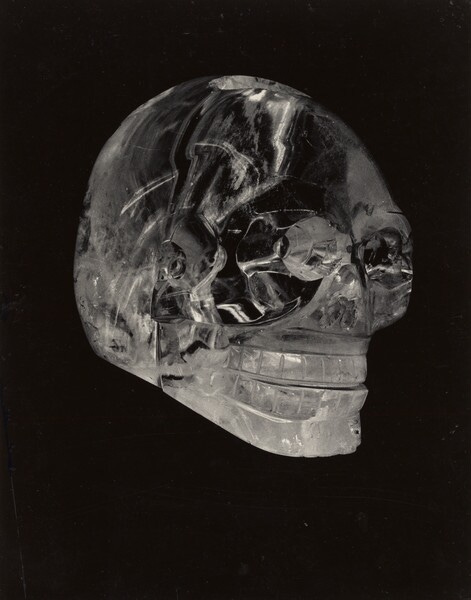Network of Concerned Historians
Censorship of history as reported by human rights organizations
The twenty-ninth Annual Report of the Network of Concerned Historians (NCH) contains news about the domain where history and human rights intersect, in particular about the censorship of history and the persecution of historians, archivists, and archaeologists around the globe, as reported by various human rights organizations and other sources. It mainly covers events and developments of 2022 and 2023. (Link to report: Network of Concerned Historians, 2023 Report. )
A few examples:
ALBANIA In [2022], it was revealed how the Communist government (1944–1991), faced with its imminent fall in 1990, decided to destroy immense amounts of archives: some 29,000 files disappeared – generally assumed to detail the crimes committed by the regime and identify their perpetrators. The files were turned into dough with pastry mixers, which could pulp almost a ton of documents each hour. The dough was then loaded on trucks and spilled into rivers or buried underground.1
CZECH REPUBLIC. On 22 June 2022, a pig farm that stood on the site of the Lety concentration camp, in which 327 Romani were killed during World War II, was demolished, after a campaign to construct a memorial that began in the 1970s, but that had faced significant opposition for more than four decades – except for a small memorial that was unveiled near the farm in [1995] by then President Václav Havel (1936–2011). An estimated 90% of the Czech Roma population was killed during the Holocaust. On 2 August 2022, the commemoration day for the 1944 massacre of 4,300 Sinti and Roma in Auschwitz-Birkenau (also known as Roma Genocide Remembrance Day), the Organization for Security and Cooperation in Europe’s Office for Democratic Institutions and Human Rights hailed the government’s decision to demolish the farm, but stressed the importance for all countries in Europe to ensure that school curricula include remembrance of the Roma and Sinti genocide and discuss the dangers of racist ideologies.2
FRANCE: Throughout 2022, the Musée de l’Homme in Paris held on to its collection of 18,000 skulls, including the skulls of more than 200 Native Americans; the bones of Mamadou Lamine Dramé (ca. 1840–1887), a West African Tijani marabout (Islamic religious leader) who led a rebellion against French colonial troops in 1886–1887; and a family of Canadian Inuit who had been exhibited in a human zoo in Paris in 1881. The collection was kept in cardboard boxes in the museum’s basement. Information about it was published online only in limited form, without mentioning names or biographical details of the skulls in its database – officially because of privacy concerns, uncertainty about some of the identities and fear of controversy. However, this policy was criticized as an attempt to hold off any restitution claims.3
NORWAY. On 1 June 2023, a truth and reconciliation commission, set up in 2018 to examine the historical policy of the authorities related to the Sámi, Kvens and other Indigenous groups, published its final report. The commission found that assimilation policies of “Norwegianization” had led to the endangerment of minority languages and caused cultural, social and mental health consequences for individuals and Indigenous groups as a whole.4
SOUTH KOREA. In July 2022, police raided the home of researcher Jeong Dae-il, an expert in the North Korean Juche ideology at the Korea Institute for National Unification (KINU), and confiscated his cellphone, computers, research materials, and a copy of With the Century, a memoir by former North Korean President Kim Il-sung (1912–1994), considered controversial in South Korea, on charges of violating the National Security Act (NSA), which prohibits possessing documents associated with anti-State groups.5
UNITED STATES. As of July 2022, some 870,000 Native American artifacts, including nearly 110,000 human remains, that should have been returned to Native American tribes under the 1990 Native American Graves Protection and Repatriation Act (NAGPRA), remained in the possession of colleges, museums and other State institutions across the country.6
Network of Concerned Historians, 2023 Report.
Naomi Tomky, “How Albania’s Government Kneaded Secret Documents into Dough,” Atlas Obscura (24 August 2022); Gjergj Erebara, “Albanian Ruling Party Blocks Public Access to Communist Files,” Balkan Insight (21 October 2022).
“Czech Roma Reclaim Holocaust Site, but Equality Feels Distant,” Al Jazeera (3 August 2022); OSCE Office for Democratic Institutions and Human Rights, “Remembering the Roma Genocide Goes Beyond Commemoration to Fight Today’s Intolerance, OSCE Human Rights Head Says,” (press release; 2 August 2022).
Constant Méheut, “A Paris Museum Has 18,000 Skulls: It’s Reluctant to Say Whose,” New York Times (28 November 2022).
5 “Commission Exposes Injustices against Norway’s Indigenous People,” Guardian (1 June 2023).
Scholars at Risk, Free to Think 2022 (New York: SAR, 2022).
Philip Marcelo, “Wounded Knee Artifacts Highlight Slow Pace of Repatriations,” AP News (29 July 2022); Logan Jaffe, Mary Hudetz & Ash Ngu, “America’s Biggest Museums Fail to Return Native American Human Remains,” Pro Publica (11 January 2023); Human Rights Watch, World Report 2023: Events of 2022 (Washington: HRW, 2023), 661, 663





I suspect this is but the tiny tip of a huge iceberg of 'frozen' data, all to be revealed in time. One must be mindful that woven into each and every lie is the hidden seed of its telling.
. . . . You find such interesting things
Valuable information!